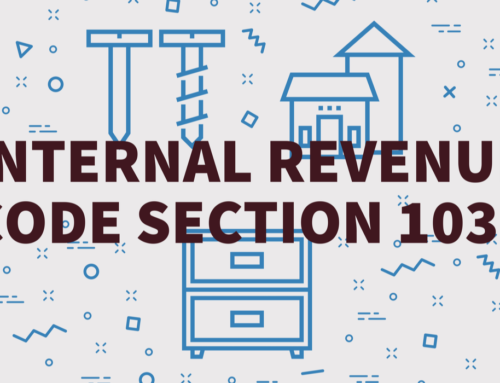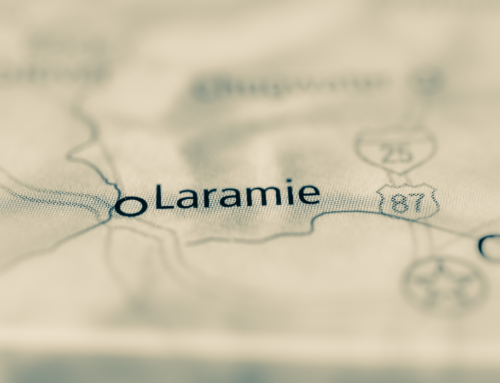Project Description
If you own or recently inherited mineral rights, your first question is probably “What are these worth?” The honest answer is: it depends. Several variables come into play when people try to assign a value to mineral rights, but the most important are location, activity and commodity pricing.
Location
Where your mineral rights are located will have a profound impact on their value. Mineral rights in states like Colorado, Wyoming, Utah or North Dakota that have large oil and gas reserves, and allow for the development of such, are understandably much more valuable than mineral rights in other states, where there is either no known oil and gas reserves.
If you do own minerals rights in an oil-rich area, there is still a wide rage of possible values based on exactly where your acreage is. This is because of the way oil is ‘assigned’ to wells. When an operator applies for a permit to drill a well, it has to denote from which acreage the oil is being extracted from. This is far from an exact science, and each state can adopt its own rules on how wells should pool. In Colorado and North Dakota, for example, the PLSS land system is used that is a grid that divides land into 40 acre sections. These 40 acre sections are the smallest amount of acreage that a well can pool. Usually, wells will pool several of these 40 acre sections in units that are 640 or 1,280 acres. Since the PLSS is a grid system, there are boundaries. What this means is a mineral rights owner on one side of the imaginary pooling line is getting his oil pooled into a well, while his neighbor on the other side is not. This is why it is difficult to assign a value to your mineral rights based on what someone who lives nearby sold for or received an offer to sell for as the owner whose oil is getting pooled minerals will be worth considerably more than the owner who is not. This leads to the second main function of value: Activity.
Activity
In order for your mineral rights to have ANY value, there has to be the possibility of extracting oil and gas out of the ground. You could be sitting on the largest oil reserve in the world, but if there is no way to get that oil above ground and into a refinery, it is worthless. Mineral rights located in areas where there is a lot of drilling activity will be more valuable than those were there is not activity. This is because until a well is drilled and oil and gas are extracted, the mineral rights only represent potential value, not actual value. As we learned above, just because you see a drilling rig close to your property, that doesn’t necessarily mean your minerals are going to be pooled in a well. The more nearby activity, the better, but again, just because your friend that lives a few miles down the road received a substantial offer for his mineral rights, does not mean your mineral rights are worth the same. One of the primary drivers of activity is the third major prong of mineral rights value: Commodity Pricing.
Commodity Pricing
Commodity pricing is just a fancy way of saying “Oil and Gas Prices”, but mostly refers to “Oil Prices” in most parts of the country. Oil is the most volatile commodity in the world. Prices can swing 20% in just a matter of days, and 50-75% over several months. When prices are stable or rising, there is generally an uptick in drilling activity (as evidenced by this article) and conversely, when prices are falling, drilling activity will decline. Wells have to be economical for an operator to want to invest the capital to drill a well. Technology continually pushes down the break-even point for oil and gas wells, but there are prices of oil where operators will cease operations as it costs more to produce the oil than they can sell it for. This will obviously have a dramatic impact on the value of your mineral rights. If it costs more to extract your oil than the oil can be sold for, it means your mineral rights will never be extracted and are thus worthless.
The volatility of oil prices also means that the value of your mineral rights today will likely be significantly different than they were last year and will be next year. It is for this reason a lot of mineral rights owners ultimately decide to sell; so they can invest in a more stable asset class that generates predictable cash flow.
The only way to truly know what your minerals are worth is to solicit a qualified offer from a reputable mineral rights company. If you would like to receive an offer from TPG Energy for your mineral rights, please contact us at contact@tpgenergy.com








